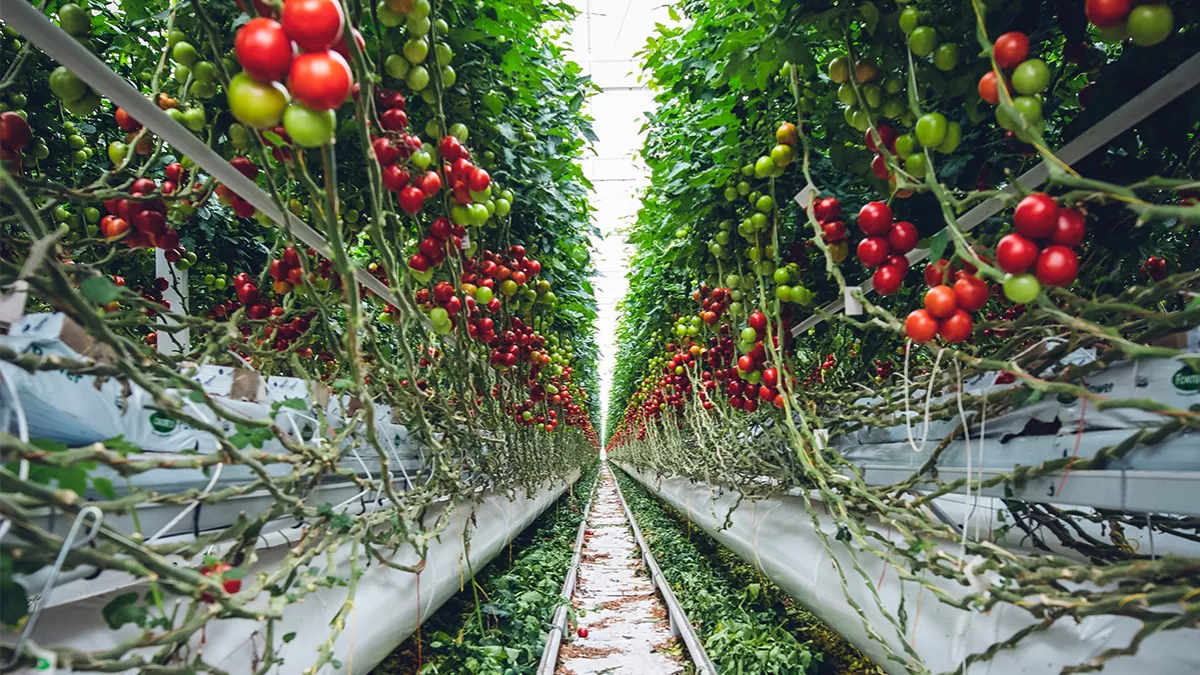Qatar targets to reach an average of 40% improvement in water consumption per tonne of crop produced by 2030
04 Nov 2023
News
In pursuit of improving food production and security, water security, and sustainable agriculture, Qatar aims to improve water use per tonne of crop produced by 40% on average by 2030, an official stated.
Dr. Delphine Acloque from the Ministry of Municipality stated that it is imperative to enhance water usage during a panel discussion at the third International Conference on Sustainable Energy-Water-Environment Nexus in Desert Climates (ICSEWEN’23). The use of treated wastewater, or treated sewage effluent (TSE), is being promoted by Qatar, the speaker said. According to her, the primary application for this treated wastewater is in animal feed, particularly fodder. According to Dr. Alcloque, Qatar wants to use 100% water TSE for irrigation of feed by 2030.
She did, however, point out that there are still some issues, such as how to carry TSE water and how to use it. In order to maximise TSE utilisation, she continued, it is essential to consider infrastructure, finances, and whether or not to use TSE water for city beautification, tree planting, and feed.
Agriculture is problematic in the Middle East and the Gulf due to the region's harsh environment, which is marked by long, scorching summers, deserts, and little rainfall. Rainfall and groundwater are the only natural freshwater resources found in Qatar. The primary water supply in the nation is desalination, which is costly and energy-intensive. One of the objectives of Qatar's National Development Strategy is the preservation of the quantity and quality of the nation's groundwater resources.
As the GCC's food consumption is expected to exceed 52.4 million metric tonnes by 2025 and population expansion reduces per capita water availability by half by 2050, ensuring long-term food security will remain a critical strategic priority for all of the region's nations. It is only expected that Qatar's investment in its crucial agritech sector will become more significant.
Nasser Ahmed Al Khalaf, Managing Director of Agrico, underlined the particular difficulties facing the agriculture industry, such as changes in the climate and environment. He emphasised that technology must be created and adapted to the climate conditions of the Middle East. According to Al Khalaf, Agrico had to develop greenhouse technology that could produce year-round when it began producing vegetables.
To assist farmers and market output, Al Khalaf demanded municipal policies and agricultural laws. If laws are implemented, he claimed, more farmers would be encouraged to produce and the market value of some products, particularly perishables, will be protected.
